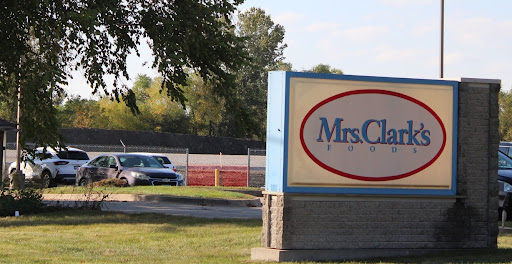Column: Caucus chaos should have been predicted

Here are three quick takeaways from the Democrats failure Monday night to report any caucus results after more than a year of campaigning and millions of dollars were spent by an unusually large slate of candidates in Iowa.
First, the big winner was Mike Bloomberg, the financial data entrepreneur who built a billion-dollar empire reporting economic news worldwide. Staying out of Iowa not only saved Bloomberg money, more importantly he was not tainted by any of the fallout associated with the Iowa Caucuses. His image got a big boost as the Democrats’ most viable alternative to Donald Trump.
Second, the big loser, aside from the Iowa caucuses, was Joe Biden. We still won’t know for a while what the real results of Iowa were, but all indications are that Biden did not perform well. If today’s headline had not been about the failure of the caucuses, they most likely would have been about the failure of Biden’s campaign to finish in the top tier of candidates.
Third, the failure of the Iowa caucuses was eminently predictable and should have been obvious to state party leaders as early as last week when they reportedly learned that their highly touted Caucus App was not working.
With no app to collect and tally caucus results, party leaders should have immediately acted to expand and bolster their phone-reporting system.
When volunteers in nearly 1,700 precincts in the state began trying to report results Monday night, the vast majority got a busy signal.
A little math shows what they were up against.
Each captain was responsible for reporting three sets of numbers covering anywhere from six to 10 candidates. This was the first time such elaborate results were required.
If you assume it took each captain one minute to report each of the three data sets, that’s a minimum of 3 minutes per call from each precinct to just report the results. Three minutes times 1,700 precincts adds up to a total of 85 hours.
Assuming the Democrats had 20 phone lines for collecting results, which may be an overstatement, it would take more than four hours just to call in all of those results. Processing that information, in the best circumstances would have taken another hour or two.
Cable news anchors were expecting complete results sometime before the 10 p.m. news from the caucuses that began at 7 p.m.
Those anchors started getting visibly peeved shortly after 9 p.m., and by 10 p.m. several were trashing Iowa.
Everyone involved should have known better.
Iowa has a history of underperforming when it comes to reporting caucus results. The problem goes back at least as far as the 1980 Republican caucuses, when a late-night computer failure prevented then-Republican chairman Steve Robert from announcing final results.
That computer problem allowed George H.W. Bush to declare victory and claim he had “Big Mo” (momentum) on his side in New Hampshire, until a suddenly woke Ronald Reagan, trounced Bush in New Hampshire.
Republicans had problems again in 2012, when Mitt Romney was initially declared an eight-vote winner over Rick Santorum, until a recount two weeks later gave Santorum a 34-vote victory.
Democrats had caucus problems as recently as four years ago when Bernie Sanders claimed the party’s reporting system gave an unfair advantage to Hillary Clinton.
Ironically, the triple reporting that caused Monday’s delays was created to eliminate the problems that Sanders’ supporters had complained about in 2016.
Dave Elbert is the Business Record’s columnist. He was a long-time business writer and editor at the Des Moines Register. Elbert wrote his prediction of the caucus conundrum in last week’s edition of the Business Record.










